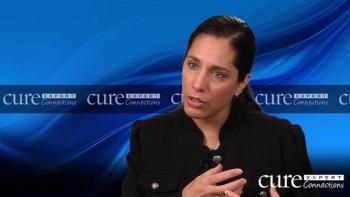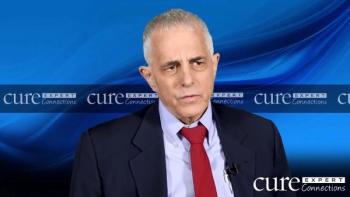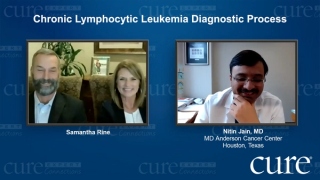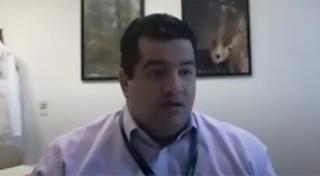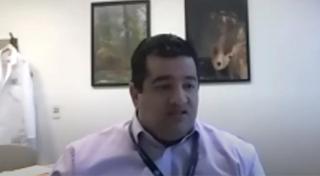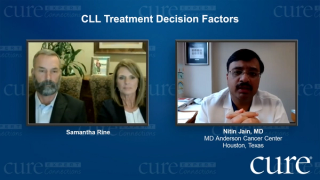
CLL
Latest News

Latest Videos

More News

The TRANSCEND CLL 004 trial is currently enrolling patients to determine the efficacy of a CAR-T cell therapy.
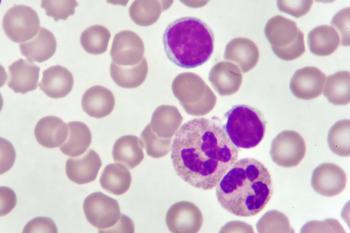
A fixed-duration treatment regimen may result in better outcomes and less time in the hospital for patients with CLL.

Detectable amounts of minimal residual disease after treatment for CLL does not mean that all hope is lost for survival without disease progression.

The World Health Organization updated their Model Lists of Essential Medicines to include more cancer treatments, though some popular cancer drugs were excluded from the list.

“Spending over a third of my life as a cancer survivor, I’ve learned a few lessons along the way,” said Lacey, who was diagnosed with chronic lymphocytic leukemia 13 years ago.
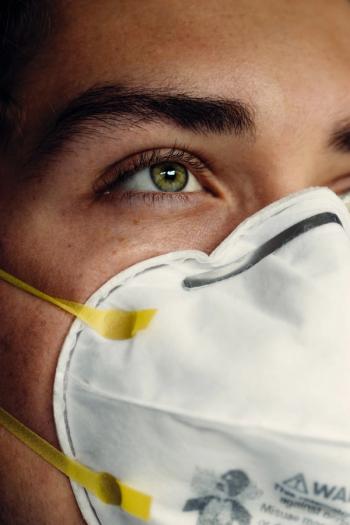
An expert explains virus mutations, the Delta variant of COVID-19 and which masks offer the best protection for patients with cancer.

Patients with blood cancers may be less likely to derive immunity from the COVID-19 vaccine, though antibody tests should not be the end-all-be-all in guiding their behavior.

Patients with chronic lymphocytic leukemia should talk to their doctors about the use of BTK inhibitors, as they produced promising outcomes in multiple trials.

Outcomes in patients with CLL continue to improve with the emergence of targeted drugs and immunotherapy.

Although CLL follows a different staging format than other cancer types, diagnosing the disease properly can open the doors for more effective treatment and management strategies.

About 25% of patients with blood cancer did not produce antibodies after being vaccinated against COVID-19.
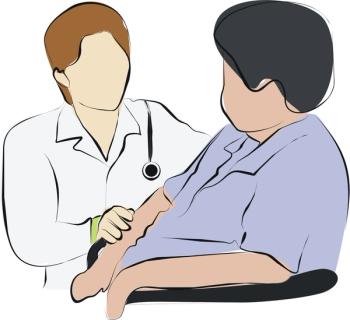
More research is needed on how a chronic lymphocytic leukemia diagnosis can affect patients and their caregivers.

TG-1701 monotherapy or added to ublituximab and Ukoniq contributed to early complete responses in patients with B-cell malignancies.

Fixed-duration Venclexta plus Gazyva produced longer remissions than chemoimmunotherapy in elderly patients with chronic lymphocytic leukemia and other comorbidities.

The combination of Imbruvica with Venclexta significantly reduced the risk for progression or death by 78% compared with chlorambucil plus obinutuzumab.
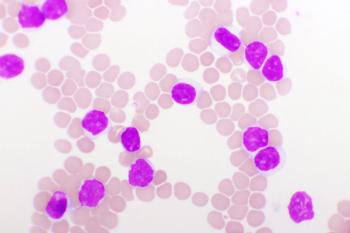
Treatment with this combination was associated with encouraging clinical responses in this patient population.
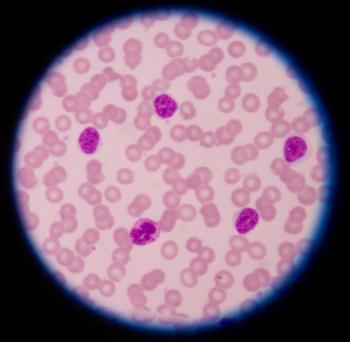
Although survival rates were similar, patients with chronic lymphocytic leukemia treated with Calquence experienced fewer side effects than those who received Imbruvica.

Cirmtuzumab plus Imbruvica led to an 83.3% overall response rate, with 38.9% complete response and 44.4% partial response rate, in patients with mantle cell lymphoma and chronic lymphocytic leukemia.
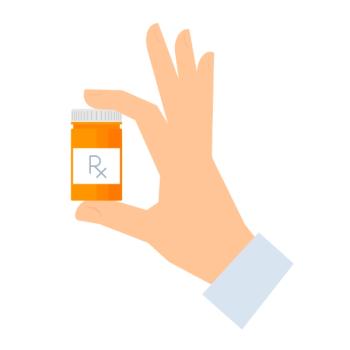
Imbruvica combined with ublituximab improved overall response rate and progression-free survival for relapsed/refractory high-risk chronic lymphocytic leukemia with minimal residual disease negativity.
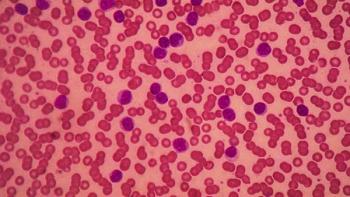
Final analysis of a phase 3 study demonstrates a tolerable toxicity profile for Gazvya in combination with chemotherapy for patients with ether first-line or relapsed/refractory chronic lymphocytic leukemia.
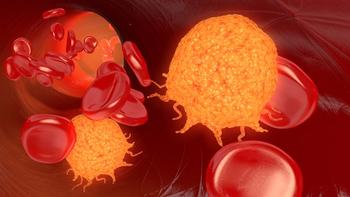
Patients treated with Imbruvica plus TG-1101 had an overall response rate of 83% compared with 65% in those treated with Imbruvica alone.

From the death of Bill Ludwig, the first patient to receive CAR-T cell therapy to treat his end-stage CLL, to a letter to the President urging him to grant patients with cancer and survivors priority access to the COVID-19 vaccine, here’s what’s happening in the cancer space this week.

The NCCN has updated its recommendations for chronic lymphocytic leukemia and small lymphocytic lymphoma to now include Brukinsa as a first- and second-line therapy in a subgroup of patients.
